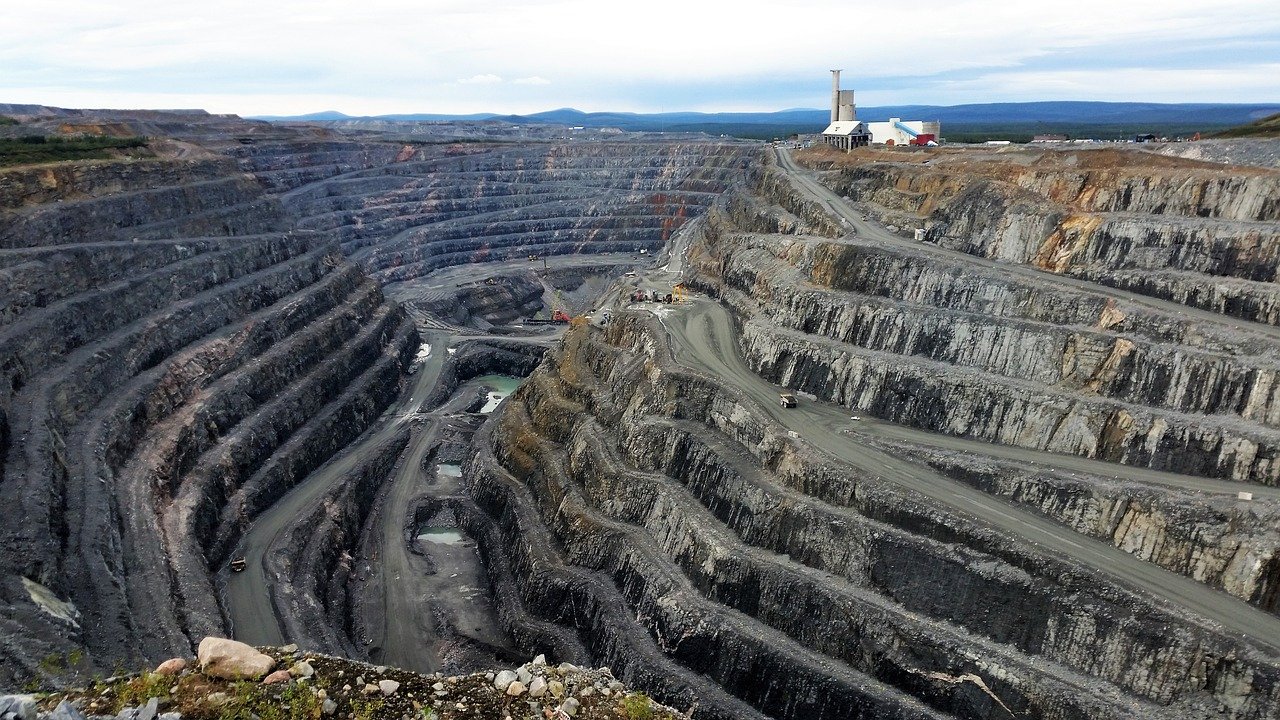
What are Transition Minerals?
Minerals demand for renewable energy technologies is projected to skyrocket, particularly for battery metals being used in electric vehicles - and the associated environmental and human impacts are likely to rise steeply as well. Metals mining is one of the world’s dirtiest industries, responsible for at least 10% of anthropogenic greenhouse gas emissions. Mining is linked to environmental destruction, freshwater contamination and depletion, human rights abuses, forced displacement, loss of livelihood, violent conflict, unsafe working conditions, and illicit financial flows in many parts of the world. It increasingly poses threats to ocean health through the risky practices of mine waste dumping and deep-sea mining.
Dangerous mine waste storage and disposal have led to deaths and catastrophic destruction of downstream environments as well as the contamination of fragile marine ecosystems, fisheries, and coastal communities. Mining for battery minerals such as cobalt, lithium, copper, and nickel causes disproportionate harm to Indigenous Peoples.
Our transition to renewable energy sources must be just and equitable and accompanied by a simultaneous transformation away from irresponsible mining by:
Centering the human rights of Indigenous, frontline communities, and workers at mining, recycling, reclamation, manufacturing and renewable energy projects, by prioritizing the right to Free, Prior and Informed Consent, including the right to withhold consent as aligned with the UN Declaration on the Rights of Indigenous Peoples.
Prioritizing low-impact circular economy solutions that reduce the overall demand for primary metals such as reuse, reduction, recycling, and design for disassembly while ensuring health and safety protections for workers and communities.
Ensuring responsible minerals sourcing at existing mining operations, by demanding mandatory human rights due diligence and adherence to all legal requirements and stringent international environmental and human rights standards with independent, third-party verification of compliance.
Implementing transformative, rather than merely technological, solutions that shift away from disposable consumption and private transportation to more equitable access to services and low-carbon public transit.
We call on nation states to make a binding commitment to source minerals responsibly. We call on businesses, financial institutions, investors and governments to ensure a clean, just and equitable energy transition by implementing these measures and urge clean energy advocates and climate justice allies to echo these demands in climate change platforms.
A truly clean, just and equitable energy economy will require not just a transition to cleaner sources of energy, but transformation on an individual and collective level. We urge you to join us and ensure that the move to clean energy doesn’t recreate the same systems it aims to destroy and helps to build climate change solutions that put communities, workers and the environment first.